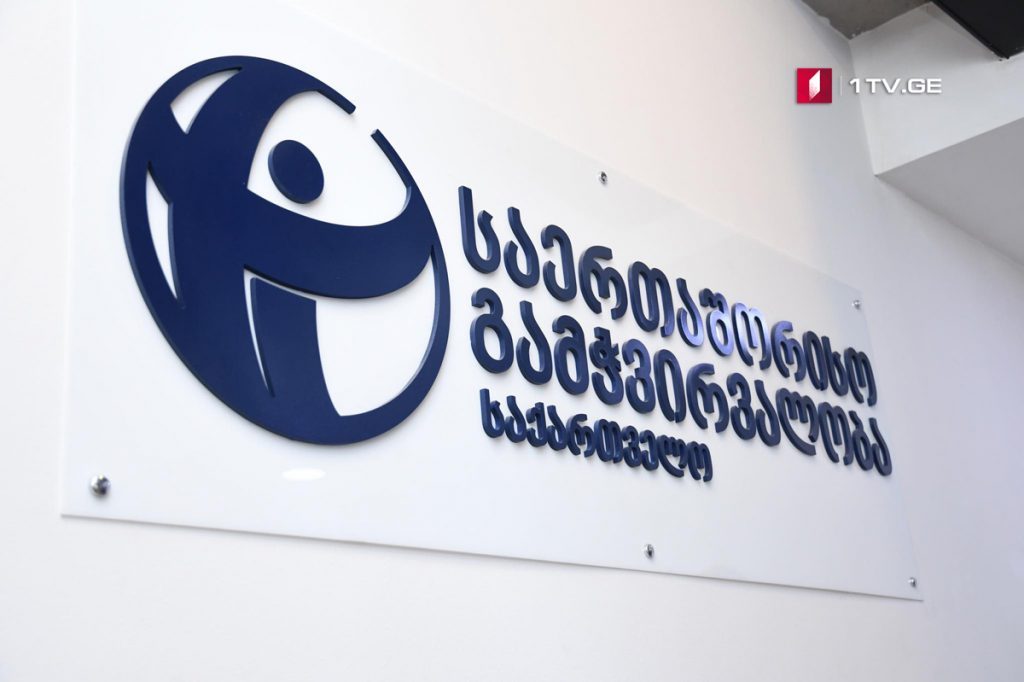
Transparency International (TI) Georgia published a research “Georgia’s economic dependence on Russia: the impact of the Russia-Ukraine war” which says that Georgia’s economic dependence on Russia increases amid the Russia-Ukraine war.
TI Georgia analyzed the existing data on trade between Georgia and Russia, tourists from Russia, remittances, foreign direct investments and registration of Russian companies in Georgia and concluded that Russia poses a threat to the country.
“In January-June 2022, Georgia received about 1.2 billion USD in income from Russia through remittances, tourism and goods export, which is 2.5 times more than the income received from Russia in January-June 2021 from the same sources. Before the pandemic, it exceeds the income received from Russia in January-June 2019 by 36%.
This means that compared to previous years, Georgia’s economic dependence on Russia is increasing. This growth is mainly due to the jump-like increase in remittances. Exports of goods taken separately decreased.
Among the specific findings of the study, the following should be noted:
- In March, April, May and June of this year, about 6,400 Russian companies were registered in Georgia, which is 7 times more than the annual rate of 2021. A total of 13,500 Russian companies are registered in Georgia, and half of them were registered after the start of the war in Ukraine;
- 93% of registered companies since March are individual enterprises. This indicates that a part of Russian citizens moved to Georgia to live and do business;
- In January-June 2022, Georgian exports to Russia decreased by 2.8% and amounted to 256 million USD. After the start of the war, in March-June, the export decreased by 16%, which was mainly caused by the decrease in the export of wine and non-alcoholic beverages;
- Traditionally, wine exports are highly dependent on the Russian market. In January-June 2022, 58 million USD worth of wine exported to Russia was 58% of Georgia’s total wine exports;
- In January-June 2022, imports from Russia increased by 51% and amounted to 706 million US dollars. The share of imports from Russia was 11.9% of the total imports of Georgia, which is the highest in the last 15 years;
- After the start of the war, the import of oil products (fuel) from Russia increased the most – by 280% (by 118 million US dollars). Electricity import increased 4 times (by 9 million US dollars). Import of coal and coke increased 3 times and totaled 23 million US dollars;
- Despite the increase in imports, Russian electricity accounts for only 3.5% of Georgia’s domestic consumption. Russia’s share in the domestic consumption of natural gas is up to 8%;
- Georgia’s dependence on Russian wheat and flour is still high. In January-June 2022, the share of Russian wheat and wheat flour in the total import of Georgian wheat and wheat flour was 95%;
- In 2022, the growth rate of the arrival of visitors from Russia accelerated significantly, and 247 thousand visitors arrived in January-June. However, compared to January-June 2019, the number of visitors from Russia is still 3 times less. In January-June 2022, the share of Russian visitors in the total number of visitors to Georgia was 15.2%, which was lower than in 2018-2019;
- In April-June 2022, remittances from Russia to Georgia increased 6.5 times and amounted to 678 million dollars. The main reason for such a high growth is the Russian citizens moving to Georgia, who are sending money from Russia;
- In the first quarter of 2022, direct foreign investments from Russia decreased by 11.2 million USD;
- Significantly increased imports of Russian goods, remittances, and establishment of companies by Russian citizens in Georgia increase the risk that Georgia will be used to circumvent sanctions imposed on Russia. Regardless of whether or not Georgia is used to circumvent sanctions by a specific sanctioned individual or company, increased economic ties mean that Russian businesses and Russian citizens in general can use Georgia to escape the economic hardship created by sanctions in Russia.”
TI Georgia recommends that goal of the Georgian government should be to minimize economic dependence on Russia. It also advises what should be done to reduce economic dependence on Russia.








